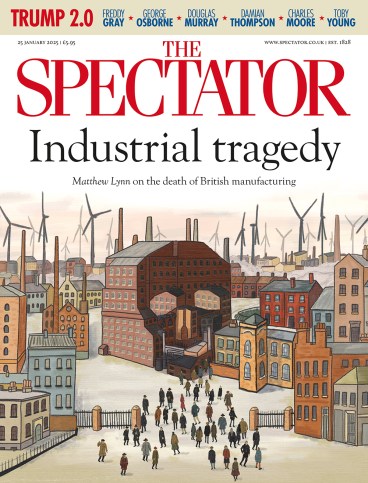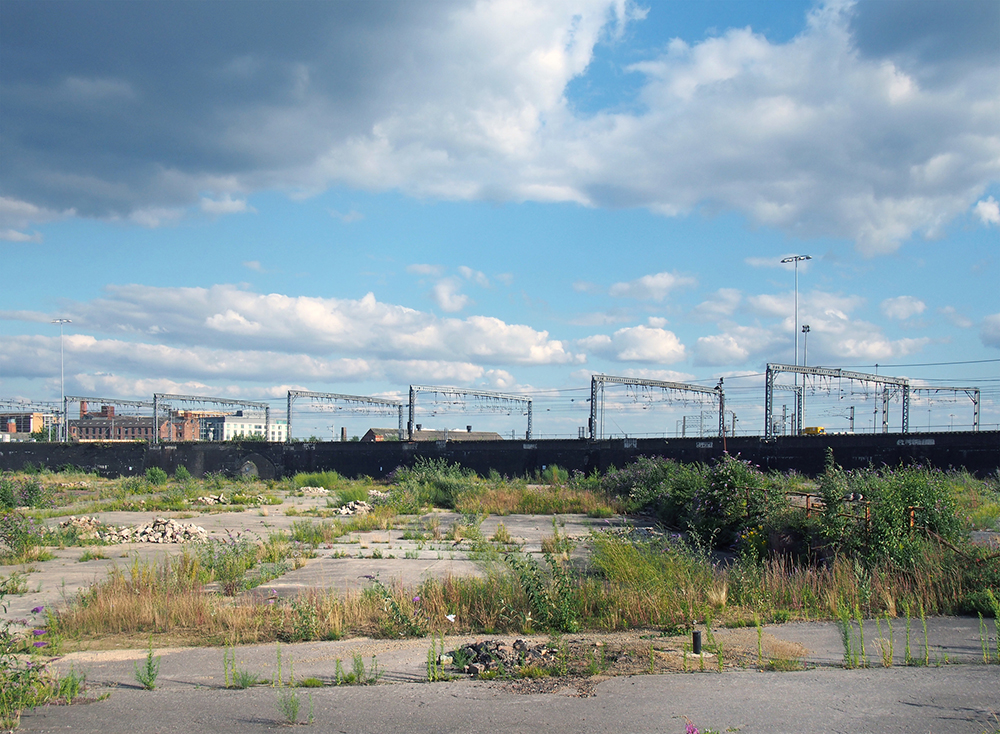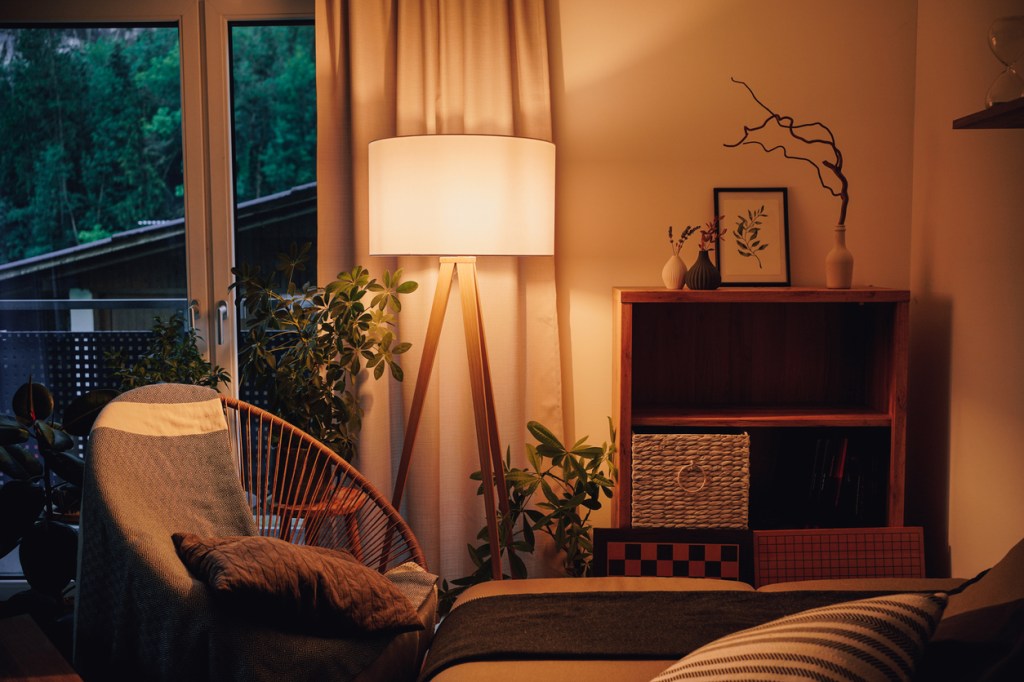
Rory Sutherland has narrated this article for you to listen to.
I was leaving the car park of my local shop yesterday – a manoeuvre which involves a hair-raising reverse on to a busy road – when a thought struck me. ‘There’s no chance anyone would get planning permission for a shop here today.’ Either someone from the council would declare there was no safe vehicular access, or else neighbours would complain about the noise. Failing that, someone else would find that the marshland behind the site was the breeding ground for some rare but disgusting toad, or complain that a sweet shop could not open within a parsec of a primary school.
You know something has gone wrong when Crawley has a Facebook group called ‘Justice for Taco Bell’
Then it occurred to me that the same would also apply to the row of Victorian houses opposite. And to the road itself.
I would like to conduct a simple theoretical exercise to explain Britain’s complete lack of economic growth. All you need do is to take the sum of its built infrastructure and to ask what percentage of existing houses, roads, railways, airports, pubs, cafés, restaurants, castles or cathedrals would receive planning permission if they did not exist already. My guess is it’s about 5 to 10 per cent. Which means this country is running on infrastructure which only exists because it is ‘grandfathered in’. It isn’t land that’s scarce, it’s planning permission.
Peter Thiel said: ‘We wanted flying cars. Instead we got 140 characters.’ He is not alone in pointing out that progress in the world of bits has raced ahead, whereas progress in the physical world is mostly static.
There are multiple reasons for this. Financial returns from material innovations are slower to emerge than those from digital innovation. Government economic models for the value of road and rail building – which mostly emphasise time-saving – hugely underestimate the economic value of infrastructure investment: the real gains are in land value. Moreover, these models fail to capture the fact that infrastructure investment compounds in value over time.
But worst of all, there are simply too many reasons to deny the right to build. Aesthetic, auditory, environmental, ideological, heritage, safety, health. If anyone suggests building a road, which is still easily the best way to grow a local economy, they face a stupid mantra about the need to get people cycling, walking or taking the train, despite the fact that these are useless for 90 per cent of journeys. Then, if you try to start a business on that new road, heaven help you.
You know something has gone wrong when Crawley has a Facebook group called ‘Justice for Taco Bell’. A fully functioning restaurant opened in the town, only to be closed by the council because they thought the toilets would place a strain on the water supply. Now I’m no expert in fluidics, but I would assume that unless Tex-Mex food is unusually diuretic, anyone taking a pee in Taco Bell would otherwise be using a toilet nearby, and so the effect on Crawley’s water supply should be neutral. Clearly I am unqualified for local government work.
Fortunately I have a solution. It is to create AONUs or ‘Areas of Outstanding Natural Ugliness’ – where basically anything goes. This is essentially how France works. It is a complete myth that France is a beautiful country. It is in fact a glorious mixture of beauty and outright utilitarianism. Outside every medieval town there is a strip mall, a retail park, a Mr Bricolage, a John Deere dealership, a drive-thru KFC and an Intermarché the size of the Hindenburg hangar. It’s the rules. If you’re lucky, you get a nuclear power station thrown in. It’s what makes France great.
My father-in-law once asked a French politician why France was so much faster than Britain at completing large-scale building projects. Without a hint of irony, he replied: ‘When we decide to drain the pond, we do not consult the frogs first.’









Comments